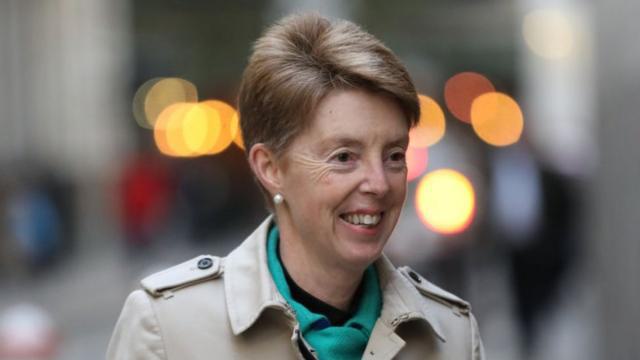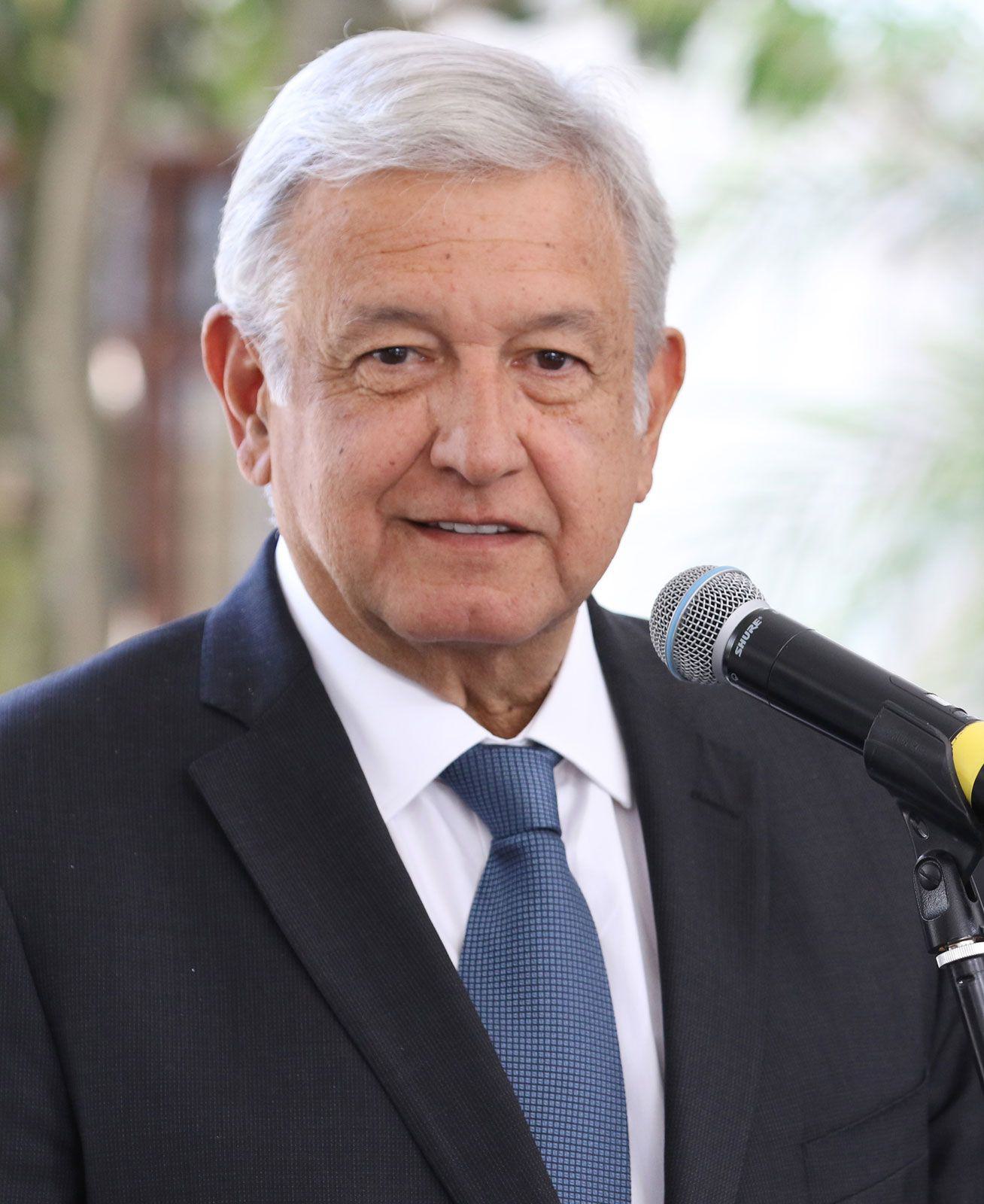A New Dawn for Northern Ireland: The Stormont Deal and the Path Ahead
February 1, 2024 - Reading time: 3 minutes

After a protracted 23-month stalemate, the hallowed halls of Stormont are poised to echo once more with the fervor of political discourse and decision-making. The Democratic Unionist Party's (DUP) recent acquiescence, following intense negotiations over post-Brexit trade concerns, marks a watershed moment in Northern Ireland's intricate political tapestry. This development, undoubtedly, heralds a new chapter, but it is one laden with both hope and daunting challenges.
The Immediate Future: A Race Against Time
With the government slated to unveil the full details of the deal imminently, followed by swift legislative action, Northern Ireland stands on the cusp of political rejuvenation. The reassembly of Stormont, potentially within days, is not just a procedural necessity but a symbolic rebirth. The first task at hand, electing a new Speaker, will be a litmus test of the renewed commitment to cross-community collaboration. The historical rotation of this role between unionists and nationalists underpins the delicate balance of power-sharing, a cornerstone of the Good Friday Agreement.
Uncharted Territory: Sinn Féin and the DUP's New Dynamics
For the first time, Sinn Féin, riding the wave of electoral success, will nominate a first minister, while the DUP, relegated to the role of deputy first minister, grapples with internal decisions. This reversal of roles from their traditional standings since 2007 is more than a political switch; it's a symbolic reflection of the evolving demographic and political landscape of Northern Ireland.
The Thorny Path of Ministerial Appointments
The distribution of ministerial roles, governed by the d'Hondt mechanism, presents another complex puzzle. With Alliance Party's significant electoral gains and their willingness to take on the justice portfolio, a role fraught with historical sensitivities, the executive's composition will be a tightrope walk of political acumen. Notably, the SDLP's decision to transition into opposition underscores the shifting sands of party politics in Northern Ireland.
A Herculean Task Awaits
As the new ministers take their oaths, they inherit a Sisyphean task. The pressing need to address public sector pay disputes, exemplified by the recent mass walkout, looms large. Moreover, the healthcare crisis, with Northern Ireland's health and social care staff being the lowest paid in the UK and burgeoning waiting lists, demands immediate and robust action. Crafting a budget that addresses these deep-rooted issues will be a testament to the new government's efficacy.
As we look ahead, it's crucial to remember the lessons of Northern Ireland's past agreements. The Good Friday Agreement, the St Andrews Agreement, and others were milestones that brought peace and stability. However, they also remind us of the fragility of this peace and the continuous effort required to maintain it. The Stormont deal is not just a political arrangement; it's a beacon of hope for a society yearning for lasting peace and prosperity.
A Momentous Opportunity
The road ahead for Northern Ireland is fraught with challenges, but it also brims with potential. The restoration of Stormont is more than a political victory; it's a triumph of resilience and a testament to the enduring spirit of Northern Ireland's people. As we turn this new page, let us be mindful of the lessons from our history, the hopes of our present, and the dreams of our future. This is not just a new chapter in Northern Ireland's story; it's a chance to redefine it.

DW Staff
David Lintott is the Editor-in-Chief, leading our team of talented freelance journalists. He specializes in covering culture, sport, and society. Originally from the decaying seaside town of Eastbourne, he attributes his insightful world-weariness to his roots in this unique setting.




